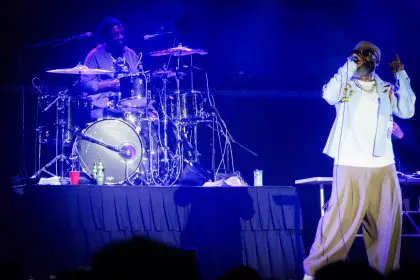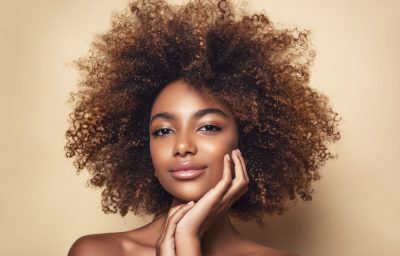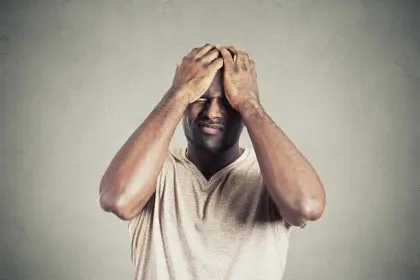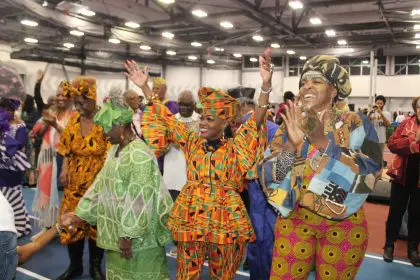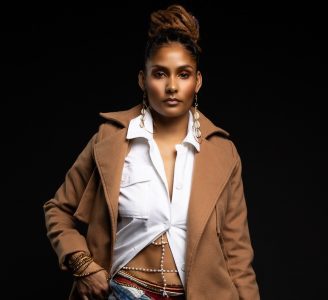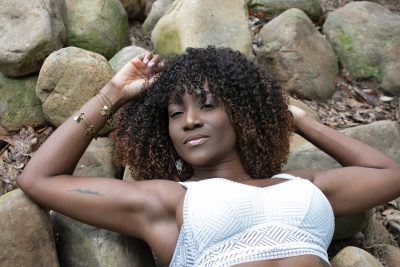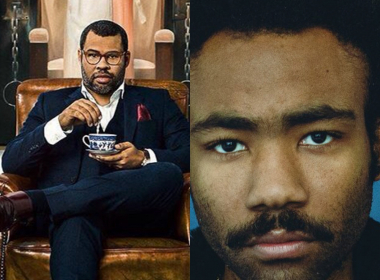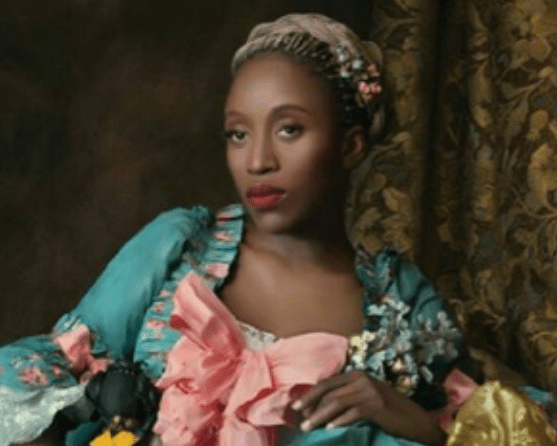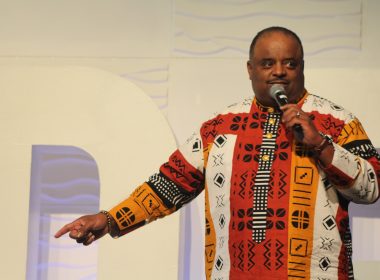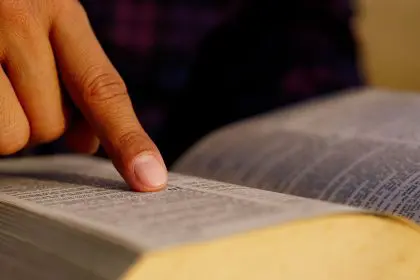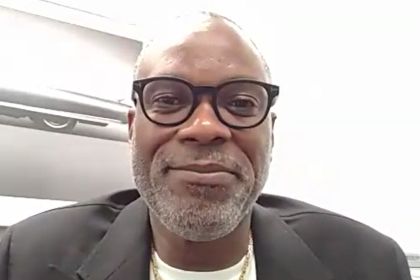
In her 2008 song “Master Teacher,” Erykah Badu sings with Bilal and Georgia Anne Muldrow about how they dream of a world where there are “no n—as, only master teachers.” They immediately clarify that they “stay woke,” coining a phrase that has become ubiquitous in contemporary culture. The past few years have seen the Black community express sentiments of “awakening,” or “wokeness” in the sense of harkening back to the past as a means of future survival. From education to beauty standards, there has been a widespread movement to decolonize Black ideas, beliefs and institutions. The most controversial frontier upon which this change occurs is religion.
Verona Spence-Adofo, a London filmmaker, describes a sense of clarity after her decision to walk away from mainstream religion and engage with indigenous spiritual practices.
“It was like somebody had taken a veil off my eyes,” she recalled for Broadly, Vice’s new women’s interest channel.
Spence-Adofo created Ancestral Voices, a documentary debunking the myths surrounding African spirituality. The response to her effort was unexpected.
“I received a lot of hostility from both friends and family members,” Spence-Adofo lamented. “To this day I have people who kind of distanced themselves from me — they’re scared I might try and put some sort of hex on them.”
For hundreds of years, European colonialism and slavery robbed and ruled African nations and created a stigma against African religions in the Black psyche. Indigenous religions were outlawed and demonized across the entire Black diaspora. Punishments including death left later generations leery or downright afraid of their own cultural practices.
“It’s a direct colonial legacy that we’ve held on to.” Spence-Adofo said. “That we’re not good enough in our natural form and we have to conform to everyone else’s ideology.”
Many American slaves continued their practices in secret, but over time fused traditions with those of Christianity so they could be practiced openly. This is most visible in Santeria, which paired its deities — the orishas — with corresponding Catholic saints. Changó, the lord of fire and thunder, was matched with Saint Barbara; Oshun, the orisha of love and fertility, with Mary. These parallels allowed African religious practices to survive — but they also highlighted a number of double standards.
“We can go to any church and you’ll see an altar with a candle on it and Jesus’s photo and no one says a word. But when Africans do it—it’s witchcraft, it’s devil worship, it’s evil,” said Spence-Adofo.
Some are also unable to reconcile Christianity’s message of love with the brutal way it arrived on African shores, and its use as a slave control mechanism. Many believe a return to indigenous faiths can help empower Black people now spread across the world. Both Christians and traditional practitioners of religion agree these practices are powerful. A vodou ceremony is credited for the success of the Haitian revolution but, labeled a “blood pact with Satan.” Christian televangelist Pat Robertson argued it caused Haiti’s devastating 2010 earthquake 220 years later.
The media also play a part by reducing age-old religions to hocus pocus and rag doll pricking, as seen by Angela Bassett’s vodou queen Marie Laveau in American Horror Story: Coven. The villainous Dr. Facilier in The Princess and the Frog portrayed vodou as the polar opposite of good-natured Disney magic. Nevertheless, these practices have now been cast in a more positive light by many Black female celebrities, whether it’s Azealia Banks practicing Santeria, or Ibeyi and Beyoncé channeling Oshun in their songs and videos.
Worshipping a Christian god that has persistently been depicted as a White man simply doesn’t sit well with some Black women. Also, while fathers and sons dominate Western religion, women play an equal and integral role in African spirituality. In Santeria, for instance, Yemaya is one of the most powerful orishas in existence, having birthed all living things and most of the other orishas.
Spence-Adofo is optimistic about the future of African indigenous religions, hoping they will become as ubiquitous as Christianity within the Black community and that in a few years, shrines to the orishas will be as commonplace as crosses.
“It’s natural progression,” explained Spence-Adofo. “Things in life always go in cycles and it’s that time. Even now with the Black Lives Matter protests that have been going on here and in the U.S., there is a strong energy of Black empowerment which — even up to a couple of months ago — wasn’t there.”
A return to traditional African religions may be the final stop on the controversial journey of the woke, and perhaps also the key to the resurrection of the Black church. Benedicte Songye Kalombo, digital editor of New African Woman magazine whose practice fuses traditional faiths hailing from Congo, is also passionate about destigmatizing her spiritual enrichment.
“We need to stop building churches and start building institutions,” Kalombo said. “Jesus hasn’t done it in over 400 years. He hasn’t saved us.”

